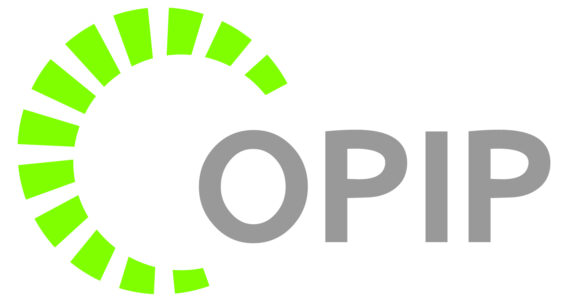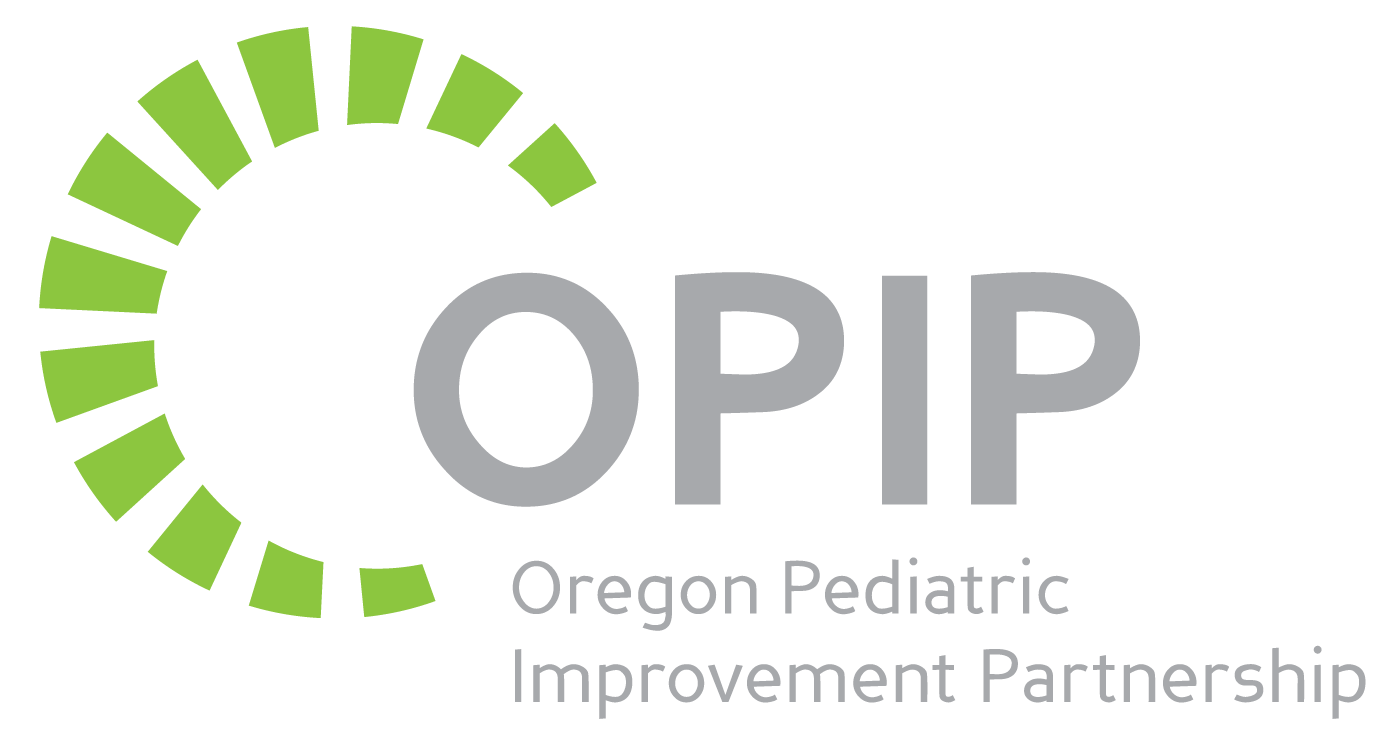Engaging the entirety of stakeholders that share a given system is paramount to ensuring that effective and lasting improvement is achieved. In order to facilitate this process in our projects, we have utilized modified versions of various existing methodologies to engage communities around shared systems. In particular, our ABCD III project has utilized a comprehensive multi-stage engagement process that brought together stakeholders including Managed Care Organizations, Early Intervention, Primary Care Providers, and Parents of children accessing the shared system to identify strategies for change that maximally benefits the entire community.
Community Café Model
The Community Café model is based on principles developed primarily by The World Café. The World Café is a global movement designed to support conversations in corporate, government, and community settings. In the National Academy of State Health Policy (NASHP) May 2010 Briefing titled “Engaging Parents as Partners to Support Early Child Health and Development”, this model is highlighted as an approach to engage parents specifically. OPIP has utilized this model as a way to engage parents around discussions critical to informing quality improvement efforts in systems they share.
Multiple Stakeholders, Multiple Stages
OPIP developed a model for community engagement that built off the aforementioned preceding model, but also involved the entirety of stakeholders, and anchored to the principles of quality improvement. This includes a staggered, systematic approach that builds off data collected and assessed, and actions developed. Our intent was and is to create a process by which stakeholders were individually engaged, their perspectives collected and analyzed, and their interests identified before a group-level meeting was held involving the various stakeholders from different perspectives. Critical to the success of our projects is the continued involvement of the communities we engage.

